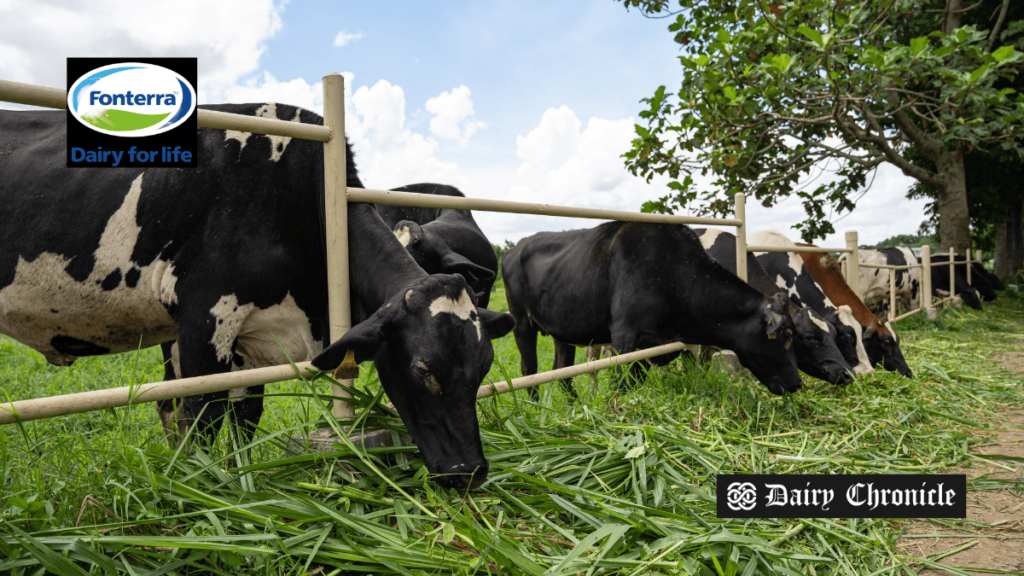Greenpeace has accused Fonterra, New Zealand’s largest dairy company, of misleading consumers with false ‘100% New Zealand grass-fed’ claims on its Anchor butter packaging. The environmental group has initiated legal proceedings, alleging that Fonterra’s own standards permit up to 20% of non-grass feed, including palm kernel. Recent legal filings reveal that Fonterra has since removed the ‘100%’ claim from its packaging, which Greenpeace sees as an admission of wrongdoing.
Greenpeace has launched a legal battle against Fonterra, New Zealand’s largest dairy company, accusing it of deceiving consumers with false ‘100% New Zealand grass-fed’ claims on its Anchor butter packaging. The environmental advocacy group alleges that Fonterra’s own documentation contradicts this statement, as its grass-fed standard allows up to 20% of a cow’s diet to consist of supplementary feed, including palm kernel.
Fonterra, a global dairy cooperative headquartered in Auckland, New Zealand, is a key player in the dairy export market. The company, which markets dairy products worldwide, has long promoted its grass-fed milk as a superior and sustainable choice. However, Greenpeace claims that the dairy giant has misled consumers by implying that its cows consume an entirely grass-based diet.
Legal Dispute and Label Change
The lawsuit, filed in late September 2024, argues that Fonterra’s ‘100% New Zealand grass-fed’ labeling was misleading and in violation of consumer protection laws. In its defense, Fonterra has denied the allegations but has since made changes to its packaging, removing the contested phrase and replacing it with the more general term ‘grass-fed.’
Greenpeace views this label modification as an admission of guilt.
Fonterra quietly removing the claim proves that they knew it was misleading all along, Consumers deserve transparency, and this case highlights the widespread greenwashing in the dairy industry.”
Greenpeace spokesperson.
Fonterra’s Response and Industry Backlash
Fonterra maintains that its products adhere to industry standards and insists that its marketing was not intended to mislead consumers. However, critics argue that the previous label gave the impression that Fonterra’s cows were exclusively grass-fed when, in reality, their diet includes supplementary feeds such as palm kernel extract, which has environmental implications due to its link to deforestation.
This legal dispute is the latest in a series of challenges facing the dairy industry, as environmental groups continue to scrutinize corporate sustainability claims. Greenpeace has called on regulators to tighten rules around food labeling to prevent misleading marketing tactics.
As the case unfolds, the controversy raises broader questions about the credibility of ‘grass-fed’ labels and the need for stricter transparency in the dairy sector.
